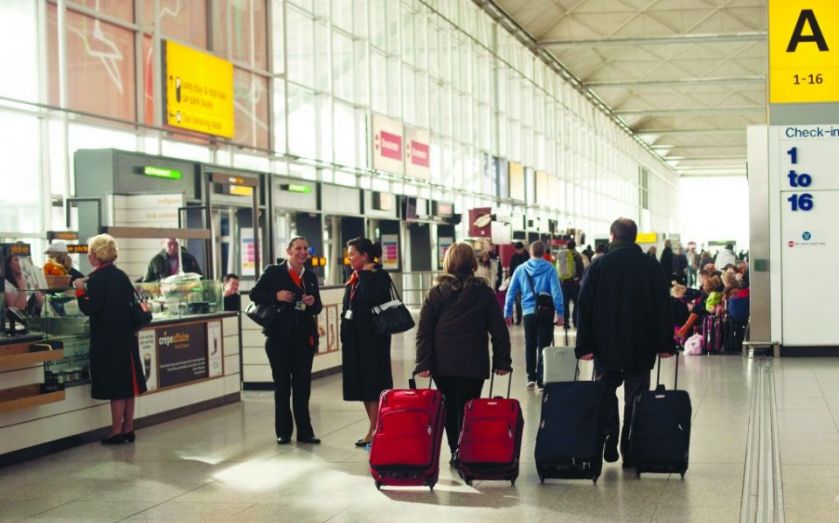| Updated:
Stansted owner Manchester Airport Group calls for further rail investment in south east

The airport group which owns Stansted has called on the government to increase investment in rail infrastructure in the south east.
Neil Thompson, chief financial officer at Manchester Airport Group, made the comments yesterday as the company reported its results for the first half of the 2014 financial year.
The firm posted an eight per cent improvement in revenue in the six months to 30 September 2014, up to £421m from £390m. The company also saw passenger numbers grow, by 8.5 per cent, from 25.9m to 28.1m.
Thompson said the improved results could be attributed to the fact that the company had broadened its existing carrier base while also adding new routes.
“Volume growth has been absolutely key,” he added. “And some of the longer term deals with the likes of Ryanair are starting to bear fruit.”
He stated that the group had been “working pretty hard with the government to improve the rail infrastructure to Stansted”.
“There’s a really big opportunity for the government to invest in that trainline,” Thompson commented. “It needs more work – if it was improved it would be good for British infrastructure more broadly. The government needs to put that business case higher up on its agenda.”
Thompson also commented on the impact falling oil prices would have on the air travel industry.
While he said the long-term results of low oil prices “are yet to be seen”, he added: “In the short term, they will have benefits for airlines. But are they going to go out and order new planes off the back of it? Probably not.”
As well as Stansted, the group owns airports in Manchester, Bournemouth and the East Midlands. With 11.3m passengers, up almost 12 percent on the first half of 2013, Stansted is now the UK’s fastest growing airport.
At Manchester Airport, the firm saw the number of passengers increase from 12.3m to 13.2m, and the company has estimated that full-year figures will see Manchester’s passenger numbers climb to a pre-recession peak of 22m.